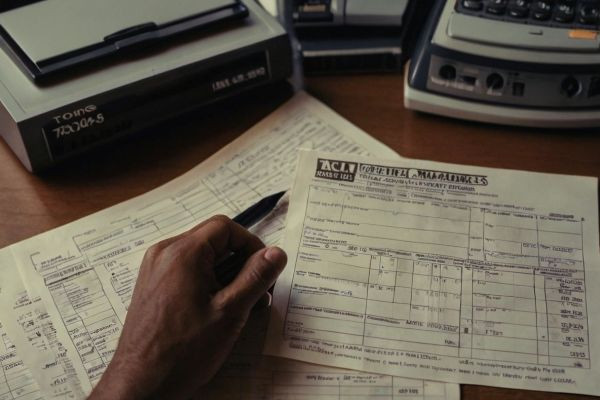Freelancers and gig workers face unique tax challenges and opportunities. Effective tax planning can help you manage your tax liability and avoid surprises. Here are actionable tips to help you stay on top of your taxes.
1. Understand Your Tax Obligations
As a freelancer or gig worker, you're responsible for paying both income tax and self-employment tax. Self-employment tax covers Social Security and Medicare taxes, typically withheld by employers. The IRS provides detailed information on self-employment tax.
2. Keep Accurate Records
Maintaining accurate records of your income and expenses is crucial for tax purposes. This includes invoices, receipts, and bank statements. Consider using accounting software like QuickBooks or FreshBooks to streamline this process.
3. Set Aside Money for Taxes
Since taxes aren’t automatically withheld from your income, it's important to set aside money for quarterly estimated tax payments. A good rule of thumb is to save about 25-30% of your income for taxes. The IRS has guidelines on estimated taxes.
4. Claim Business Expenses
You can deduct ordinary and necessary business expenses to reduce your taxable income. Common deductions include:
- Office supplies
- Advertising
- Software subscriptions
- Business-related travel
For more on deductible business expenses, visit the IRS page on business expenses.
5. Home Office Deduction
If you work from home, you may qualify for the home office deduction. This allows you to deduct a portion of your home expenses, such as rent or mortgage, utilities, and internet. Ensure you meet the IRS criteria for the home office deduction.
6. Deduct Health Insurance Premiums
Self-employed individuals can deduct health insurance premiums for themselves and their dependents. This deduction is available even if you don't itemize deductions. More information is available on the IRS page about self-employed health insurance deductions.
7. Consider Retirement Contributions
Contributing to a retirement plan can provide significant tax benefits. Options include a Simplified Employee Pension (SEP) IRA, Solo 401(k), or a Simple IRA. These contributions can reduce your taxable income and help you save for the future. The IRS provides a comparison of retirement plans for self-employed individuals.
8. Stay Informed on Tax Laws
Tax laws frequently change, so staying informed is crucial. Subscribe to tax newsletters, follow reputable financial news sources, and consider consulting a tax professional. The IRS website is a valuable resource for tax updates and news.
9. Hire a Tax Professional
If your tax situation is complex, hiring a tax professional can be beneficial. They can help you navigate tax laws, find additional deductions, and ensure your tax return is accurate. The IRS provides a directory of certified tax professionals.
By following these tips and leveraging the available resources, you can effectively manage your tax obligations as a freelancer or gig worker, minimizing your tax liability and avoiding surprises. Happy tax planning!










